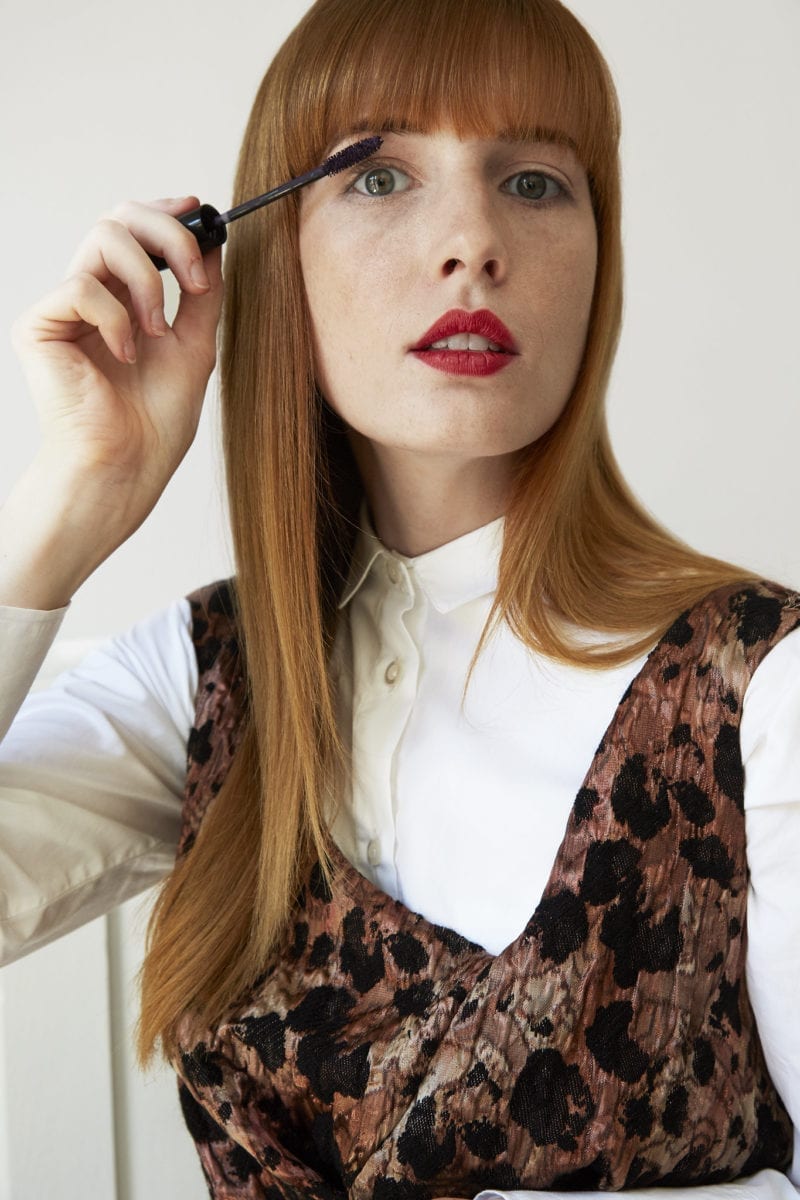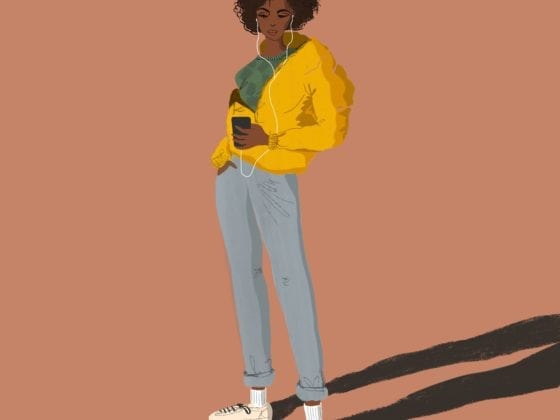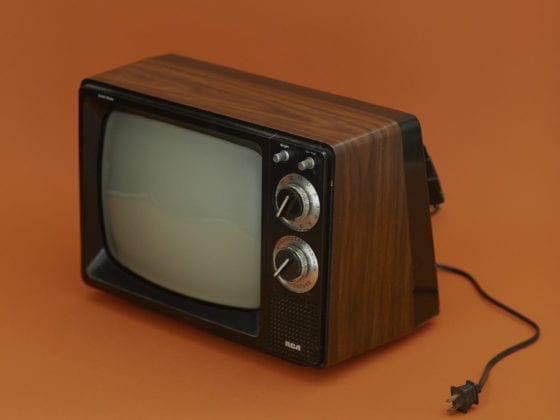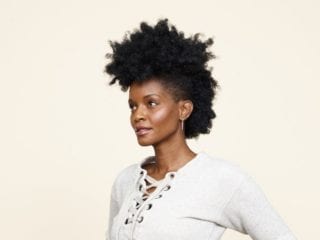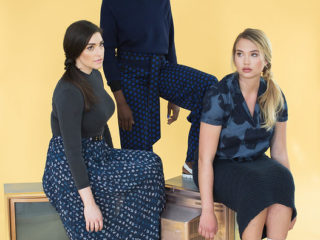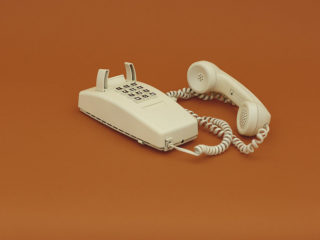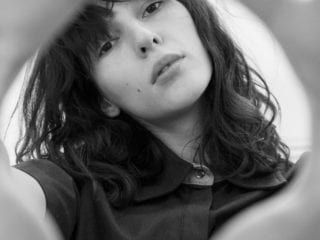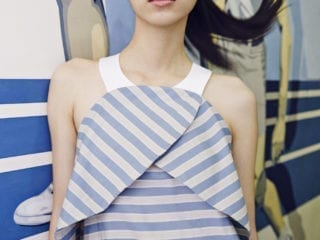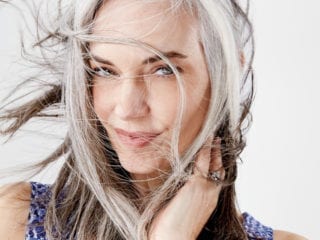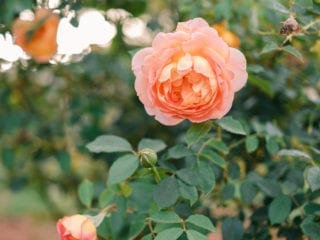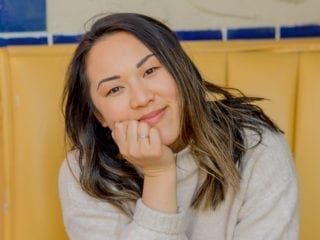Author Brené Brown describes vulnerability as the birthplace of change. It is woven into the fabric of belonging, love, joy and empathy. It is the beginning of courage and connection. In her book, “Daring Greatly: How the Courage to Be Vulnerable Transforms the Way We Live, Love, Parent, and Lead,” she writes that if we wish to live a life rich in purpose and meaning, vulnerability is the path we must take and where we must start. Even when it feels messy, scary and a little uncomfortable, it is the door we must choose to bravely walk through.
Growing up, vulnerability was a quality that I often grappled with, particularly when it came to my appearance. In the early years of wild and free childhood, shame and self-consciousness were languages that I didn’t know. Although it’s difficult to pinpoint the exact moment, somewhere along the way between childhood unguardedness and teenage timidity, I began to lose the art of remaining true—the art of vulnerability. Perhaps my story is one you will connect with too.
Throughout my teenage years, I struggled to leave the house without coating my features in a mountain of makeup. Before every day of school, I’d spend hours patiently sitting at my bedroom mirror perfecting, concealing and covering my face. At 17 years old, I remember being too afraid to muster up the courage to wipe off my waterproof mascara at sleepovers and swim practice.
Despite being surrounded by family and friends who generously spoke love and truth into my life—reminding me of my value daily—I found myself, as many teenagers do, caught in a cycle of negative self-belief. Though I couldn’t quite see it then, I was ashamed of how I looked. To nurse my growing insecurities, makeup became my camouflage—my protective shield of defense. I couldn’t live without it.
To nurse my growing insecurities, makeup became my camouflage.
It’s no hidden secret that as women, society has long sought to tie our value to our physical appearance. According to “Sociology in Our Times: The Essentials,” a book on gender and sociological research, in many cultures, a woman’s physical beauty takes precedence over anything else—her individual qualities and actions paling in comparison to the full picture of who she is.
Popular culture often tells us that without makeup, we’re missing something. It imparts in us a tugging need for self-modification. The truth, however, is that we are neither deficient nor lacking. In fact, we are works of art, just as we are—both with and without makeup. Perhaps it’s time for us to turn down the volume of the world and listen to the whisper of truth.
When I decided to give up makeup at 19 years old, I never could have imagined the journey it would take me on. At first, it felt incredibly vulnerable and uncomfortable. With a fresh face, I felt naked. I grew accustomed to the initial responses like, “Wow, you look so tired. Have you not been sleeping?’” or “Are you unwell?”
Slowly but surely, not wearing makeup became my personal statement of authenticity. It was my declaration of honesty, opening the door to a way of life that felt free.
Not wearing makeup became my personal statement of authenticity.
Looking back, I can see that my fear of being real in my skin went hand-in-hand with my fear of being authentically myself. The two, so closely intertwined, could not be separated. As an introvert, unveiling my personality and showing my true self didn’t come easy. I had a tendency to hold back. Now, being naturally reserved is no longer serving as my hiding place, as I consciously seek to live a life that I am proud of, a life in which I am naturally myself.
At 24 years old, I have not picked up a mascara brush or eyeliner pencil for more than five years. I feel freer, more myself and more beautiful than I ever have in my life. I’ve found a healthy and happy balance that works for me—a way of enjoying makeup as a means of expression, enhancement and creativity, rather than of concealment and shame. My decision to embrace and bare my natural self turned out to be my own birthplace of change—my catalyst for growth.
My decision to embrace and bare my natural self turned out to be my own birthplace of change.
Although I’m still in process and I am ever-growing in my journey, I am learning that I am strongest when I am vulnerable and when I show up as my full and free self. I am learning that I do not need to hide. I am learning that remaining true to myself is an art form—one that is always worth pursuing and preserving. I am learning that I am seen and loved and that my individuality and uniqueness are my best features of all.
Do you use makeup to hide your insecurities? What is one way you can embrace your natural and most authentic self today?
Image via Lenka Ulrichova, Darling Issue No. 17
